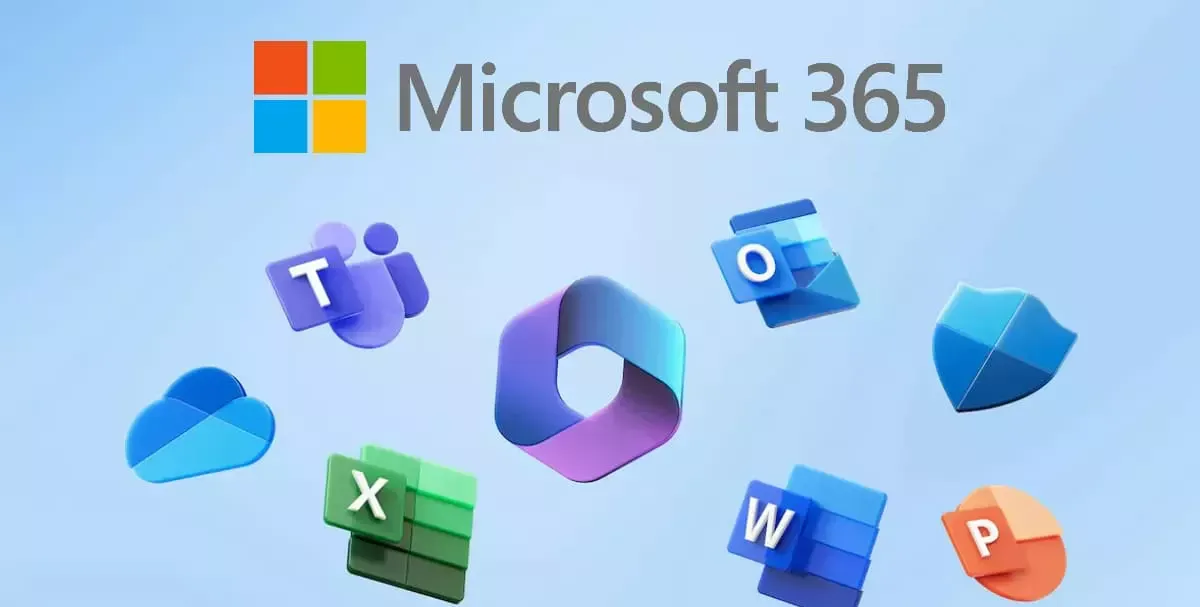
It’s no secret that Microsoft consistently encourages users to transition from Microsoft Office to Microsoft 365, their cloud-based subscription service. The primary goal is to drive revenue and maximize profits, even though they often frame it with terms like enhanced security and greater flexibility.
Similar to their previous recommendation for users to perform a clean install of Windows 11 to eliminate bloatware and unwanted applications, Microsoft is now advising users to switch to Microsoft 365 instead of sticking with the existing Microsoft Office.
Read Also:
As mentioned earlier, Microsoft believes now is the ideal time to adopt Microsoft 365. They’ve even provided statistical evidence to support this claim, especially since support for Office 2016 and 2019 is set to end later this year.
From the above, adopting Microsoft 365 can significantly benefit businesses by reducing costs, particularly in collaboration and IT maintenance. Instead of purchasing expensive licenses for Office 2021 or newer versions, companies can opt for Microsoft 365 licenses to access a range of advantages, including expanded storage, improved security, superior support, and faster updates for Microsoft Office.
Read Also: Is Subscribing to Microsoft 365 Worth It?
For large enterprises with substantial revenue, Microsoft 365 is undoubtedly a worthwhile investment, offering more value compared to the standard Microsoft Office LTS. However, the decision ultimately depends on individual needs, as both Office 365 and Office LTS have their own strengths and weaknesses.
Via: Microsoft






